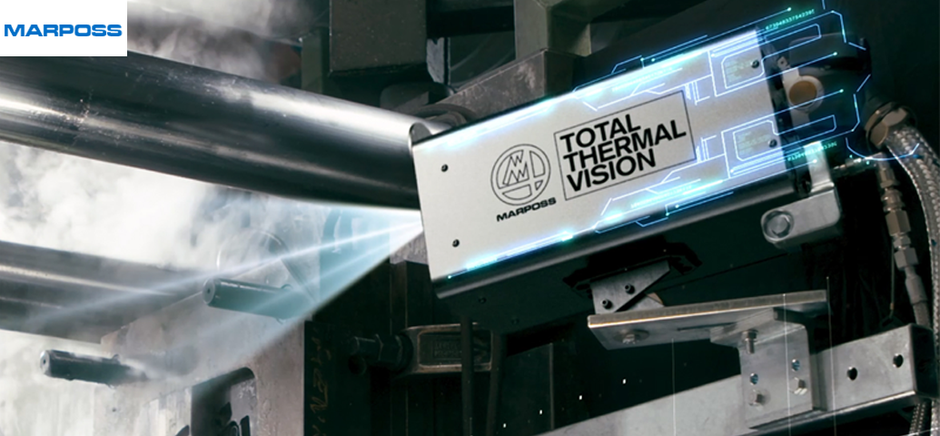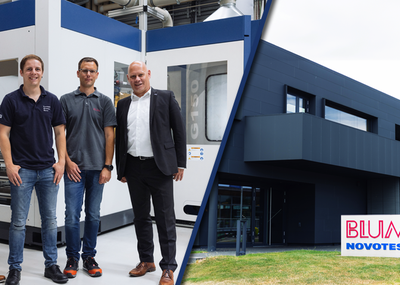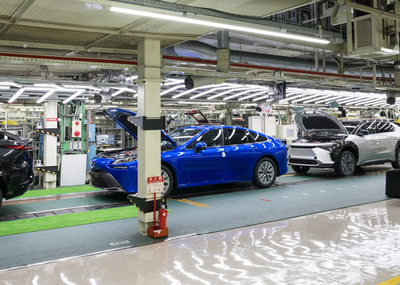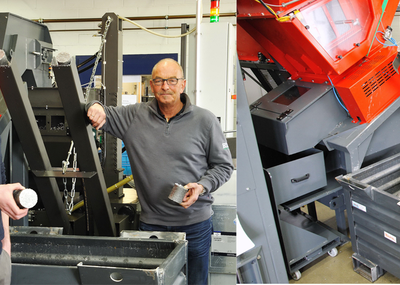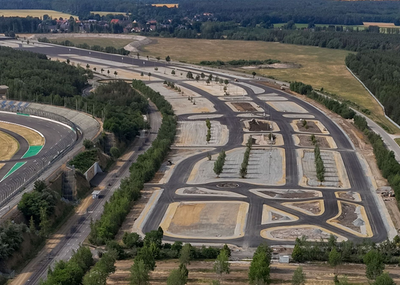The automotive industry is the largest market for die casting components. The demand for electric vehicles has been rapidly growing and the rules for designing and producing vehicles need to be reconsidered, given the current standards of sustainability and zero carbon emissions. These changes have pushed automakers to replace heavier components with lightweight, environmentally friendly options made from light alloys like aluminum.
Reducing weight is significantly important for electric vehicles, where battery efficiency plays a critical role in extending driving range and increasing performance.
Marposs TTV is helping to fuel this evolution by enhancing the casting process for achieving complex shapes in high volumes and maximum quality.
Today the majority of car manufacturers are starting to use die casting for entire rear sections of the chassis. And, given the introduction of Giga/Mega presses, as larger cast parts become more common and more expensive, it becomes even more critical to eliminate any defects up front in the process and reduce the scrap part rate.
It is crucial to optimize the number of rejects in the process knowing the myriad parameters that operate simultaneously. Every process engineer knows that most of the issues are related to thermal reasons.
The thermal factors in die casting include the temperature of the alloy used for casting, the temperature of the die itself and the temperature of the die casting machine. Each of these must be kept in an optimum temperature range to ensure the highest part quality. If the temperature of the molten metal is too hot for the mold, it could damage it by causing premature heat checking on the moud steel. If the moud temperature is too cold, it could drop the temperature of the metal too quickly as it flows into the mold and cause defects, such as greater porosity or misruns on the casting surface.
Marposs Total Thermal Vision is specifically designed to provide an effective solution for checking temperature distribution across the mold surface and ensure correct solidification of the aluminium.
TTV can automatically communicate with the machine for full integration t inside the 4.0 smart manufacturing cell.
Without affecting the cycle time, Total Thermal Vision monitors the die temperature distribution for every shot. If it is not correct, it sends early alarms to avoid creating a defective die.
Additionally, it is possible to store -- in real-time or off-line -- all the thermographic images and related temperature data for integration into the MES of the plant.
TTV can improve the process by reducing scrapped parts, which means lower operating costs and high customer satisfaction in terms of part quality. Furthermore, it extends the life of the molds, which are affected by delta temperature variations in every cycle, and it optimizes the sprayer action in terms of lubricant composition and cycle time duration in HPDC processes.
Considering the number of parts produced monthly and the improvement that TTV can guarantee in your process, the payback is usually guaranteed in less than one year.
Furthermore, free demonstrations can be scheduled with Marposs service personnel. This provides an opportunity to see real benefits right from the beginning of installation, which is plug-and-play and takes only a couple of days.
With more than 250 systems sold all over the world, Marposs is proud to be part of the EV revolution and to help the best players in the automotive world improve their production efficiency and product quality.
Vistit MARPOSS GmbH at EUROGUSS 2024 at Hall 7 / Booth 7-143

